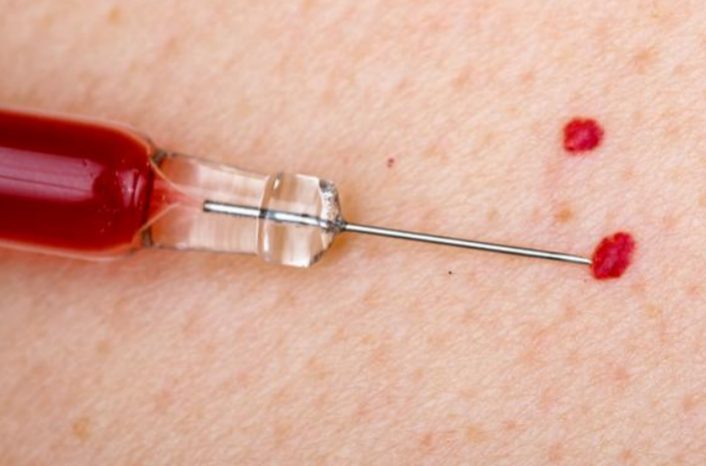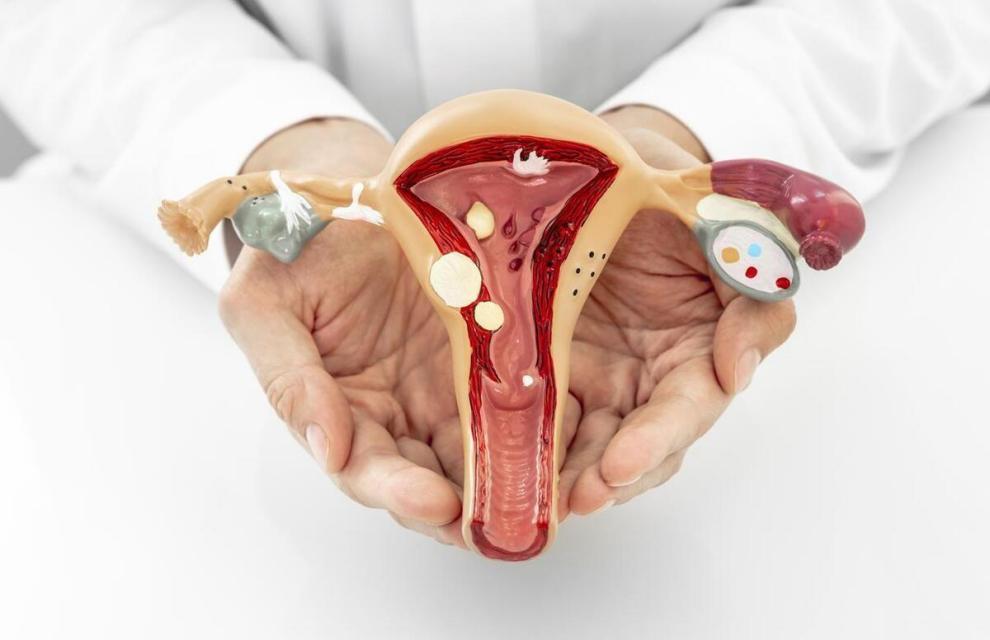Every full moon seems to add a touch of enchanting brightness to the night sky, illuminating everything on Earth. However, for many, the effects of a full moon go beyond the visual, deeply impacting their sleep quality.
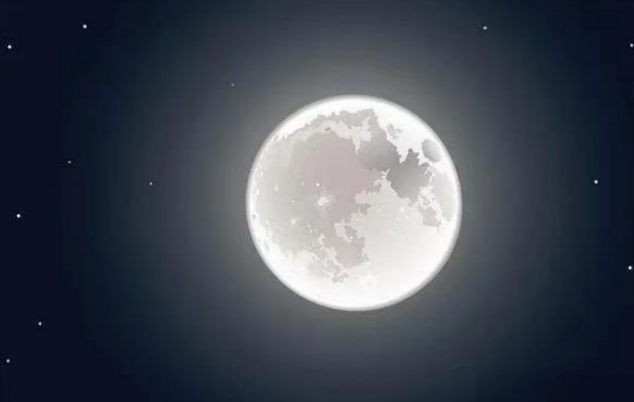
Yet, moonlight spills through the window, sneaking in through the gaps in your curtains like a mischievous child tearing open a seam in the night. Your body signals that it's time to rest, but sleep feels elusive as if this night is longer than usual, and a sense of restlessness begins to creep in. Tossing and turning, you find yourself unconsciously gazing at the bright moon outside, wondering if its glow has disrupted your biological clock.
This sleep disturbance is not an isolated phenomenon. Many people report fluctuations in their sleep quality during the full moon phase. Some may notice that falling asleep becomes particularly difficult a few days before the full moon, with delays of half an hour or even longer. They might also experience frequent awakenings during the night and struggle to fall back asleep. What causes all of this?
The moon's cycles indeed seem to influence our sleep at night, particularly in the days leading up to a full moon. With the human body being predominantly composed of water, the moon's influence might extend to our biological rhythms as well. Around the full moon, especially three to five days prior, many people experience delayed sleep onset, with their bedtime pushed back by 30 to 80 minutes. Even when they manage to fall asleep, their sleep tends to be shallow, leaving them feeling tired upon waking.
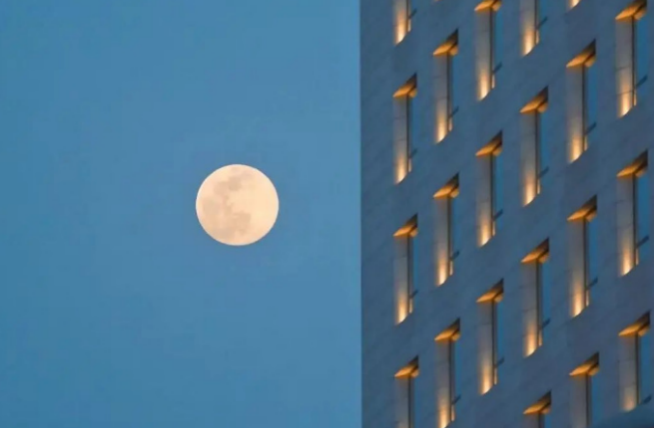
These findings don’t mean everyone experiences worse sleep during a full moon. The body's response to the moon's cycles is highly individualized. Some people may barely notice the lunar changes, while others are particularly sensitive to the moonlight. Research suggests this phenomenon is closely linked to an individual’s "internal clock." Our bodies follow certain rhythms for processes like hormone secretion and biological timing, often aligning with 15- or 30-day cycles. The moon's cycle coincides with these biological rhythms in subtle ways.
Why are we particularly susceptible in the days leading up to the full moon? Studies have shown that the moon's glow may interfere with the brain’s "circadian rhythms." When the moonlight becomes exceptionally bright—especially in rural areas with minimal light pollution—the light can more easily filter through curtains and reach our visual system. This stimulation affects the brain's pineal gland, which regulates melatonin, a hormone crucial for sleep.
In urban environments, however, the effects of the moonlight may be diminished due to significant light pollution from neon signs, car headlights, and other bright sources, which overshadow the moon’s glow. As a result, while the moon's cyclical changes affect everyone, urban dwellers may be less aware of these effects. Conversely, in rural or low-light environments, the moonlight’s impact is more direct and potentially more pronounced.
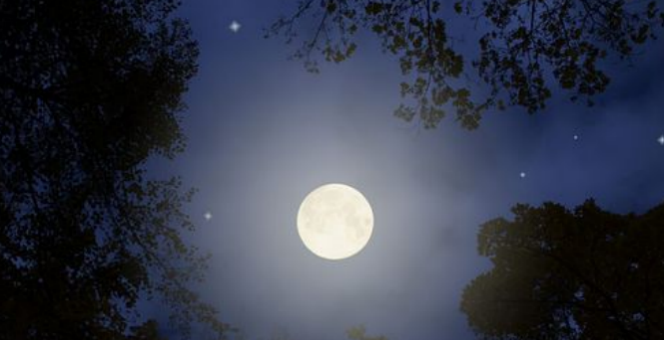
This is not a universal rule, though. Each individual reacts differently to the moon's cycles based on various factors, including personal biological rhythms, habits, and the level of light pollution in their surroundings. Some people may hardly notice the moonlight, with no effect on their sleep quality, while others, particularly sensitive to changes in light, may experience delayed sleep or even insomnia when the moon is full.
In summary, the relationship between the moon and our sleep is both mysterious and captivating. The moon is not just a luminous celestial body in the night sky; it may also be an integral, albeit subtle, part of our lives.
